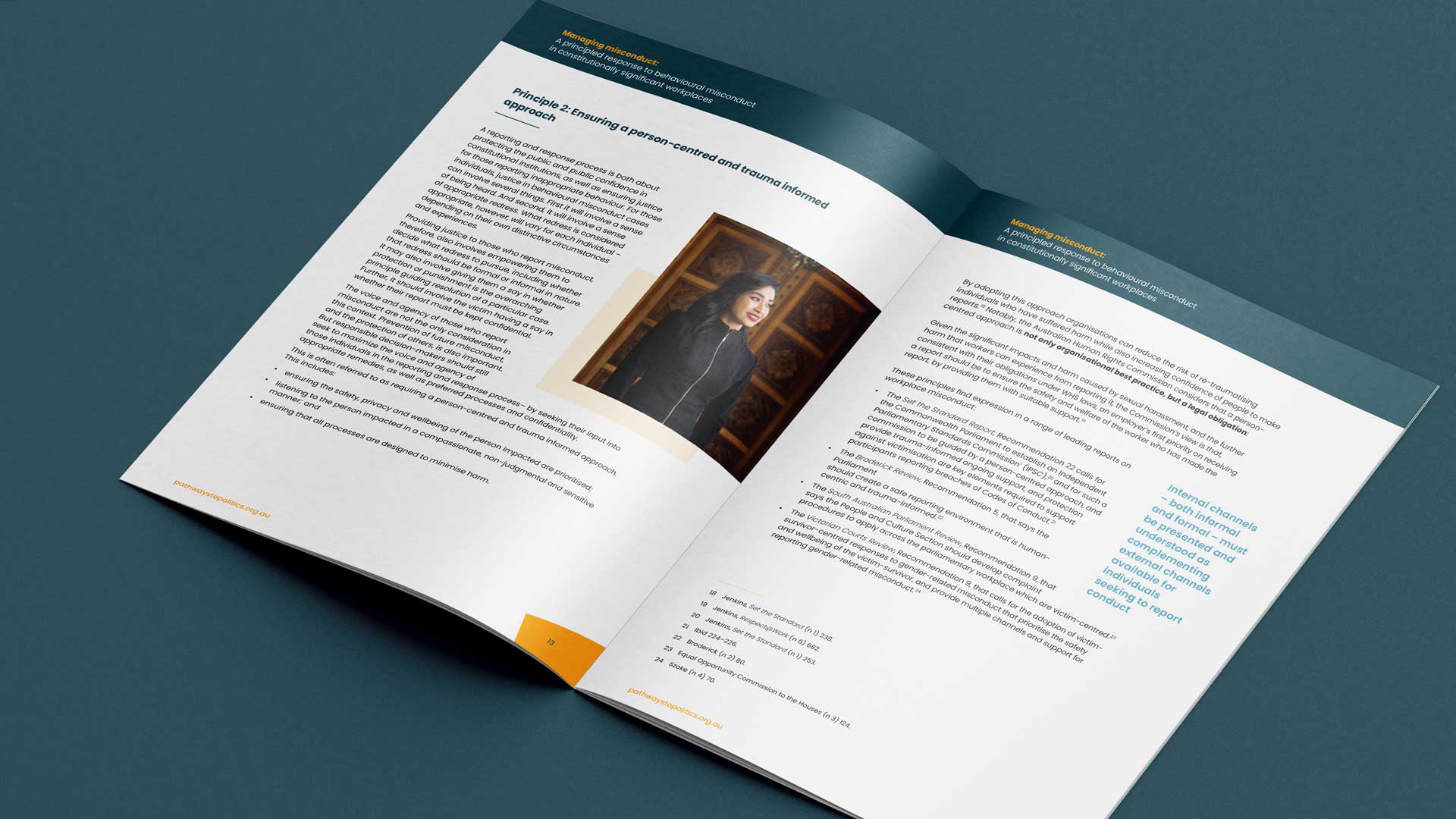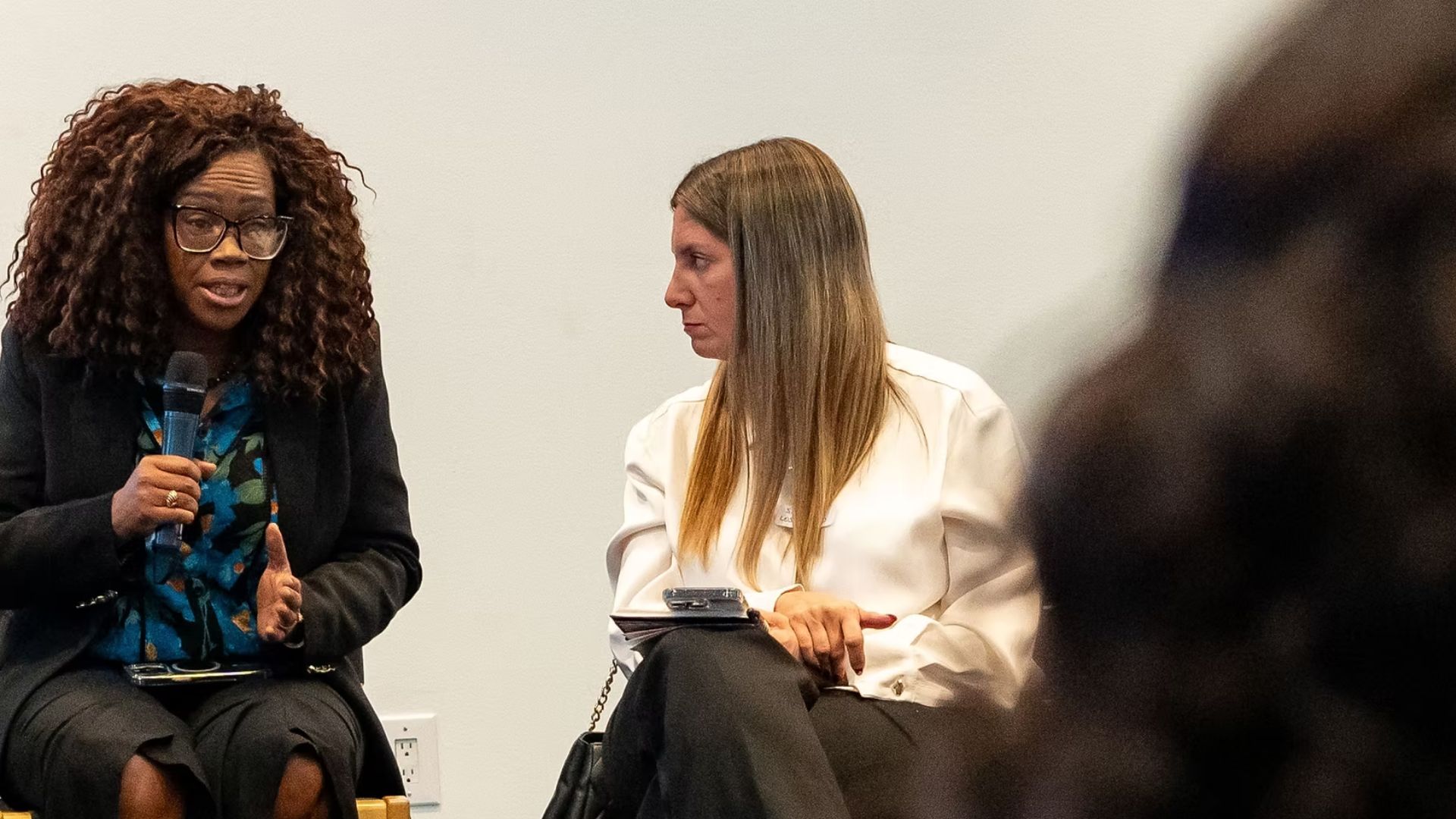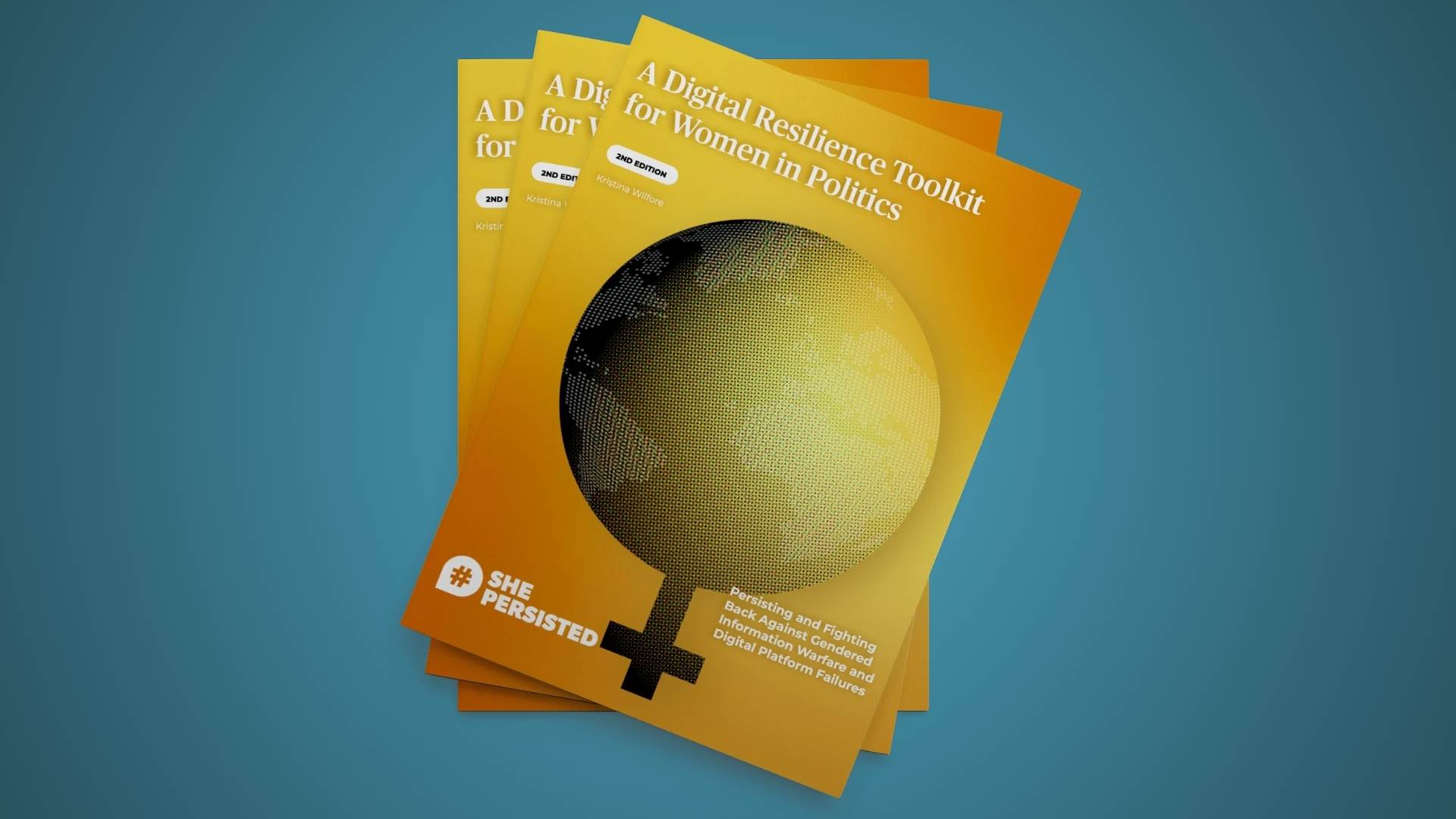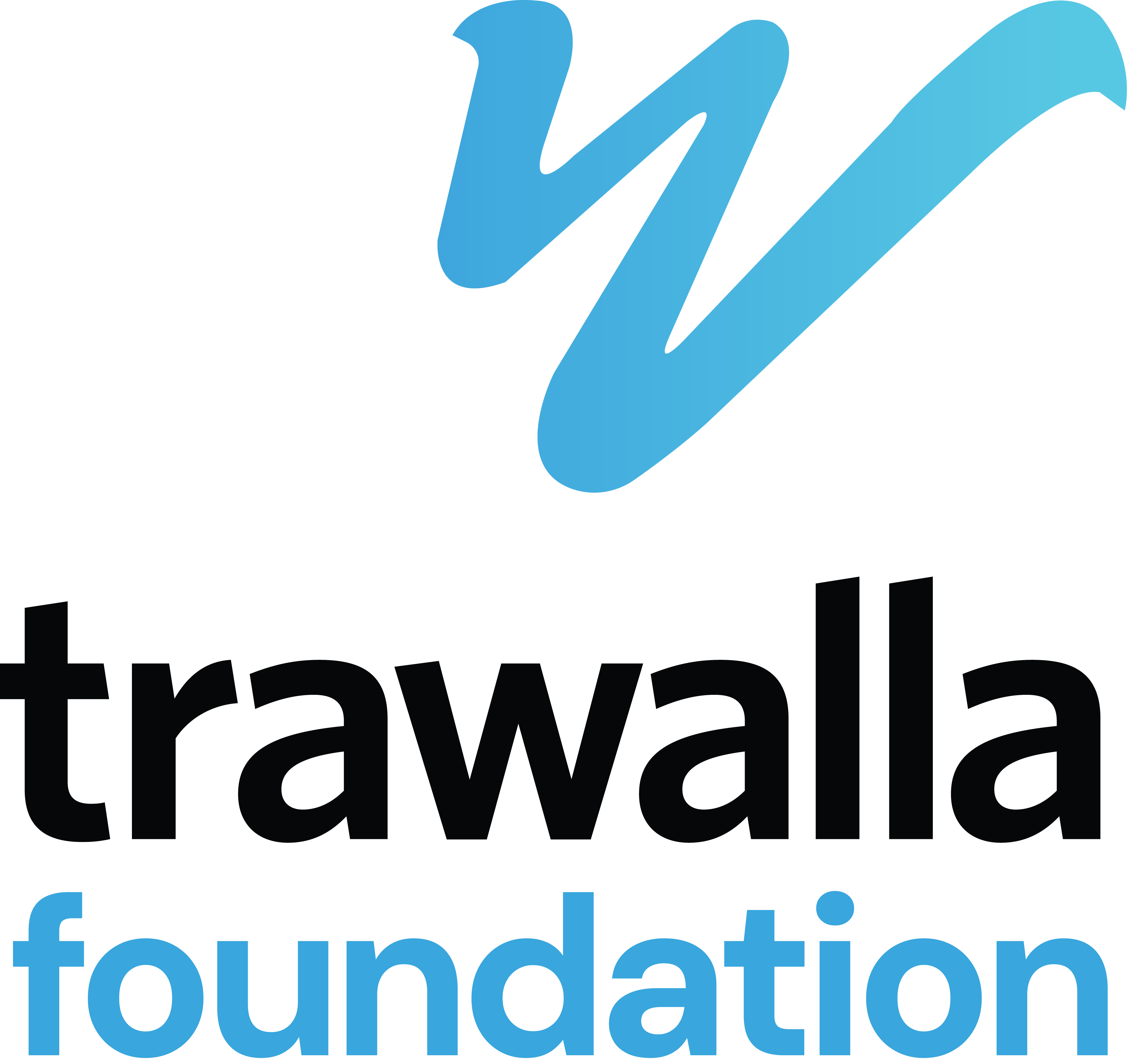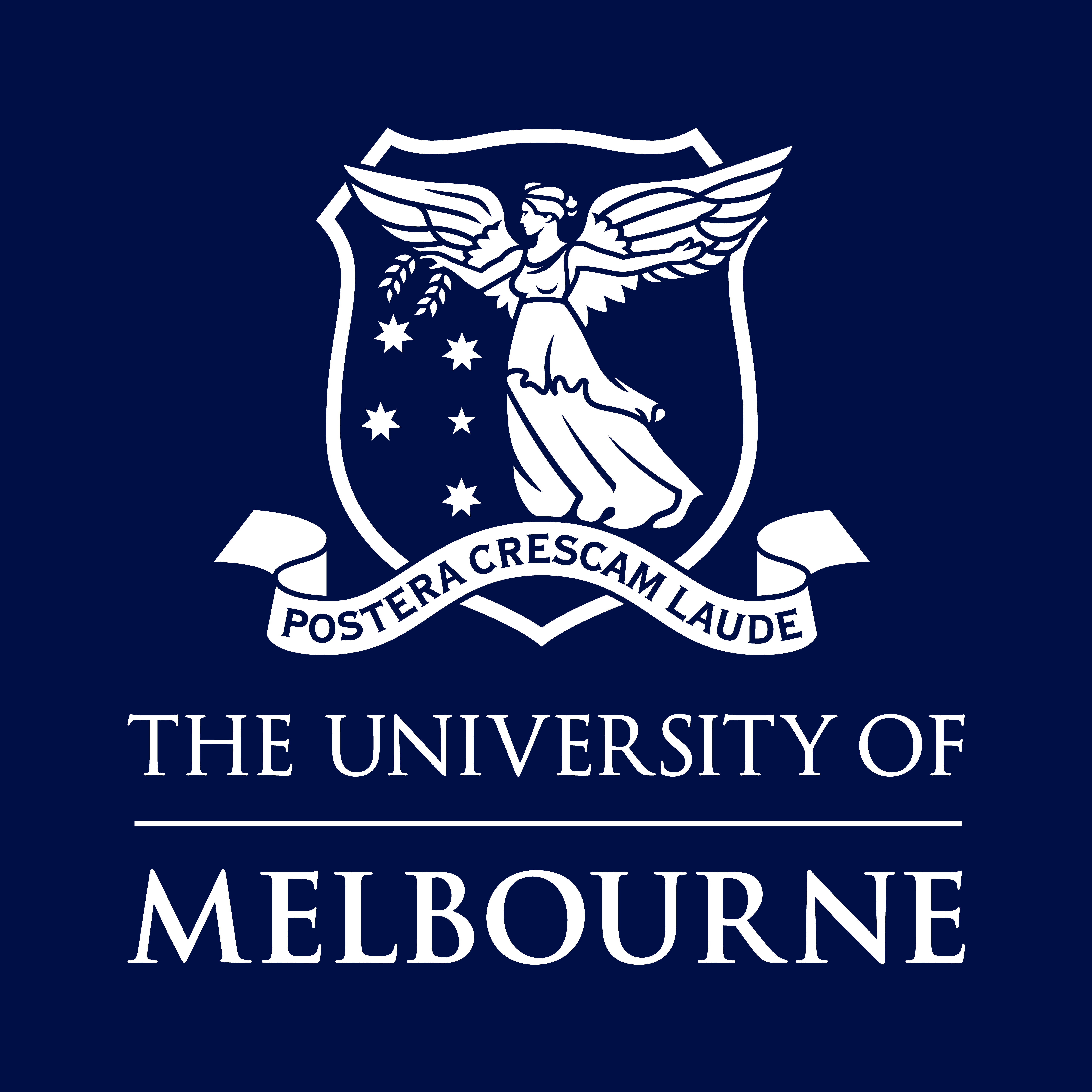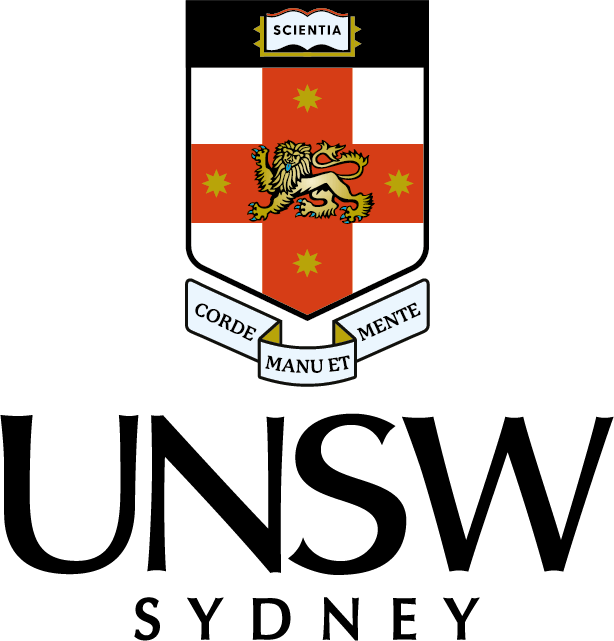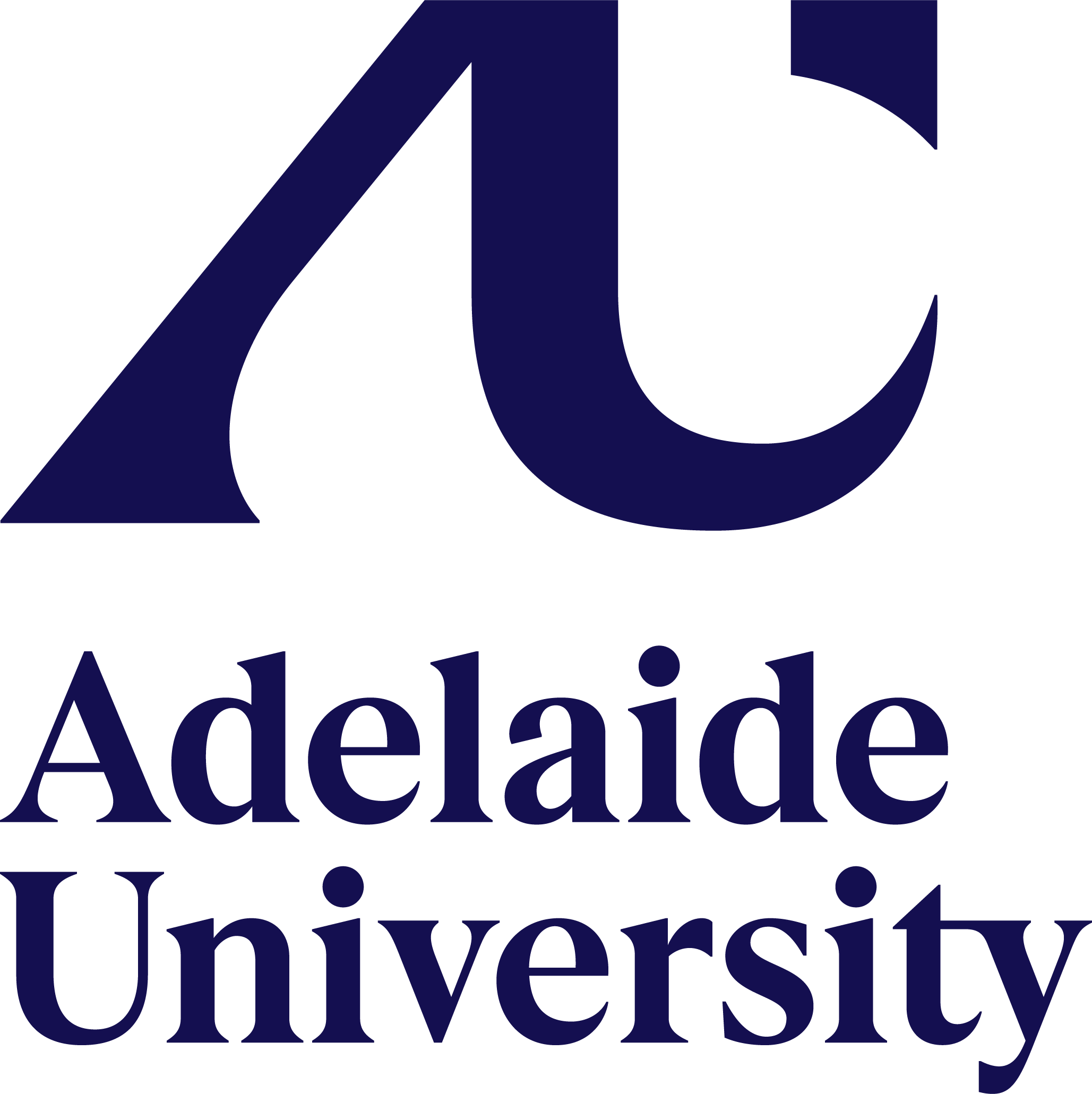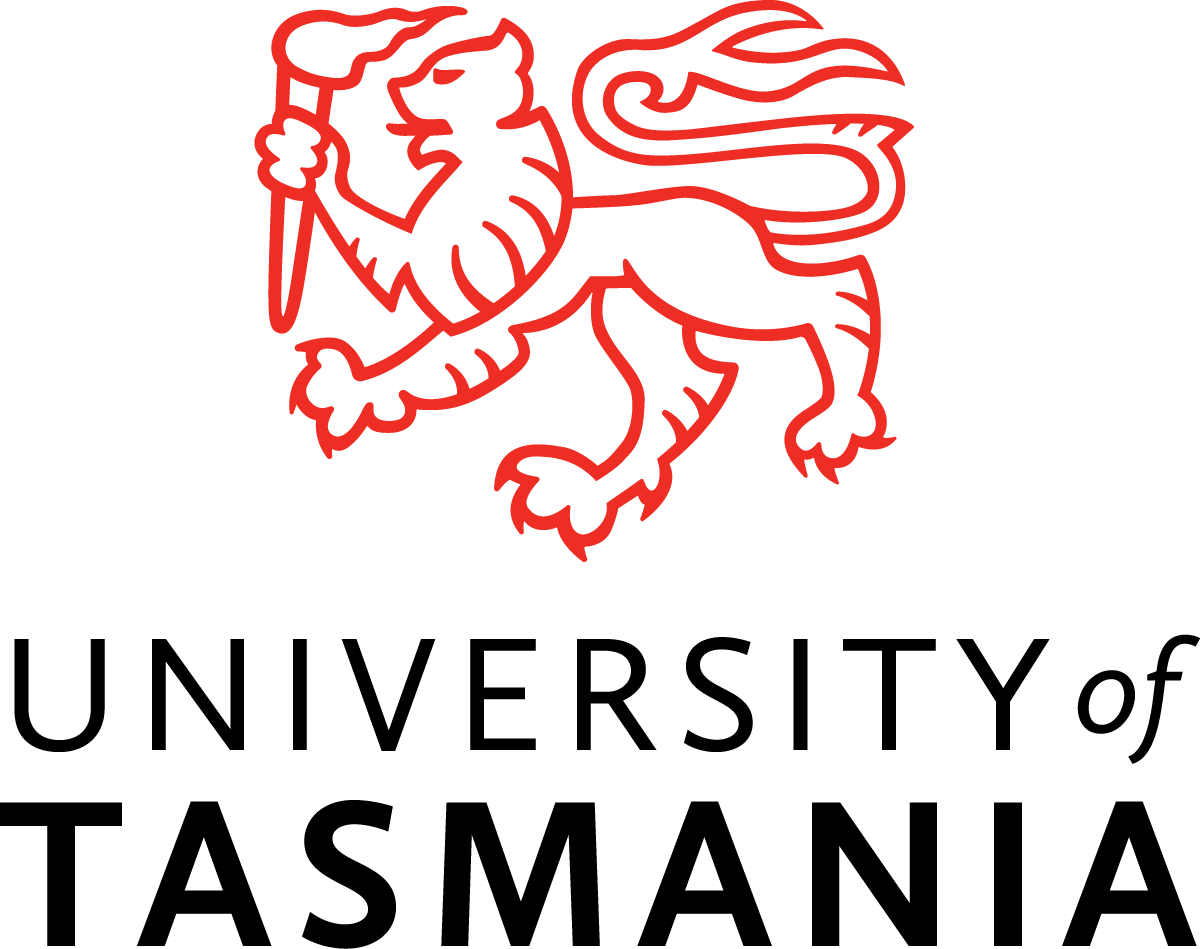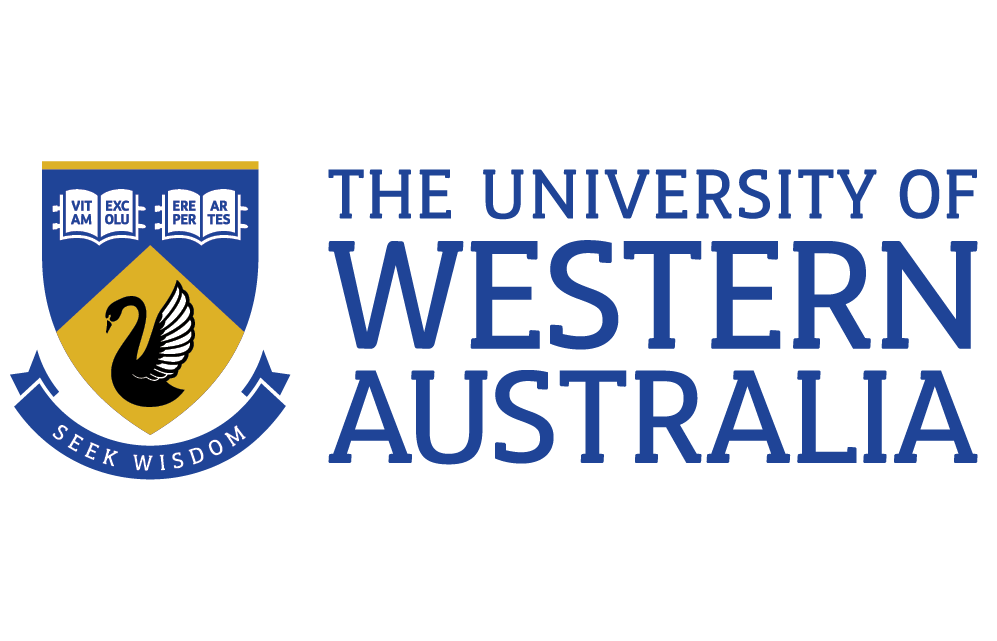November 2022, Gabrielle Appleby, Rosalind Dixon and Prabha Nandagopal
Produced by UNSW Sydney in partnership with the Pathways to Politics Program for Women
This report explores the distinctive challenges of preventing and responding to misconduct in ‘constitutionally significant workplaces’ such as courts, tribunals and parliaments.
Sexual harassment, bullying and discrimination are unlawful and harmful in a variety of ways. They impose significant harms on the physical and psychological security of those subject to the conduct. And they undermine the equality and inclusive nature of workplaces.
As explored in the Managing misconduct report, this behaviour is especially troubling in ‘constitutionally significant workplaces’ such as courts, tribunals and parliaments.
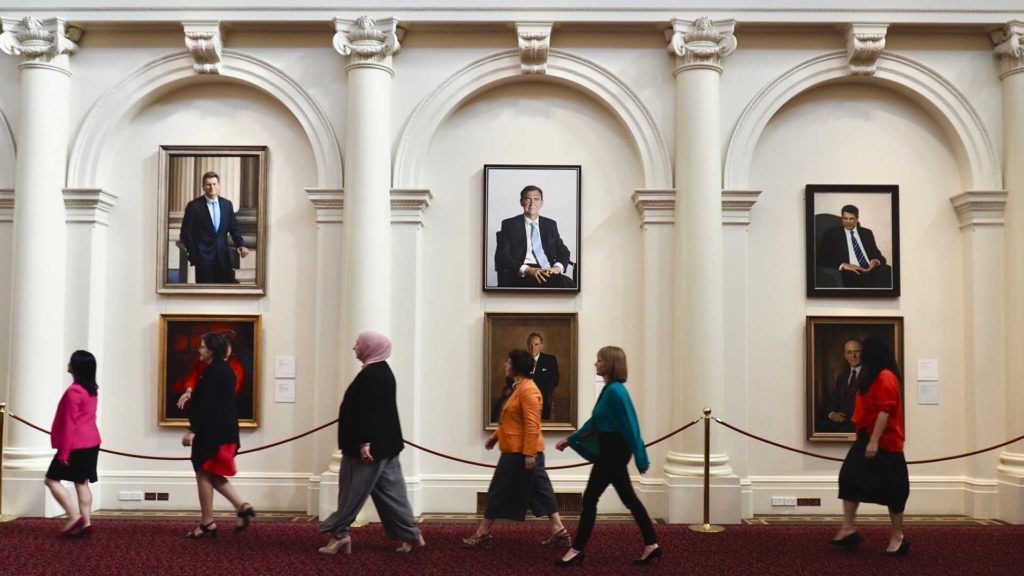
Numerous reviews into these workplaces have highlighted the high prevalence of behavioural misconduct in these spaces, and the key barriers as to why this misconduct goes under reported.
As these reviews have highlighted, preventing and responding to misconduct in these workplaces raises distinctive institutional challenges. There are constitutional functions and responsibilities that might be seen to limit the scope for ordinary workplace norms to apply. They are often especially small and close working environments with rigid hierarchies, a young entry-level workforce, high staff turnover, and unique employment status.
This report explores these distinctive challenges, with a view to providing guidance on the design of reporting and response processes in these workplaces.
The authors’ focus in this report is on reporting and response processes – accountability mechanisms, which, when combined with robust preventative strategies are critical to the cultural shifts that are necessary to ensure all workplaces are safe and respectful.
About the authors
Professor Gabrielle Appleby is Professor of Law and Director of The Judiciary Project at the Gilbert + Tobin Centre of Public Law at UNSW Sydney.
Professor Rosalind Dixon is Professor of Law, Director of the Gilbert+Tobin Centre of Public Law, and Director of the Pathways to Politics for Women Program NSW, at UNSW Sydney.
Prabha Nandagopal is a human rights lawyer and independent consultant specialising in organisational cultural reform and prevention, and response strategies to sexual harassment, discrimination and bullying.
Research Assistance provided by Kate Jackson.
Download the report
